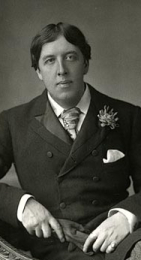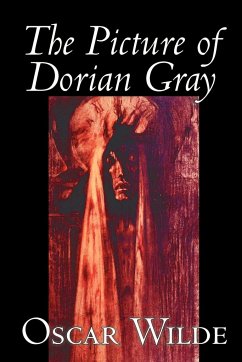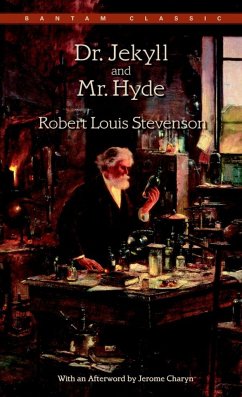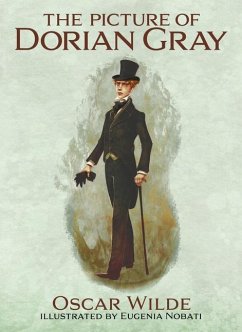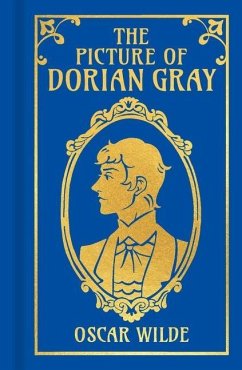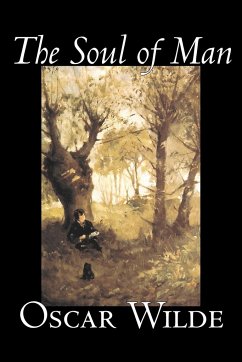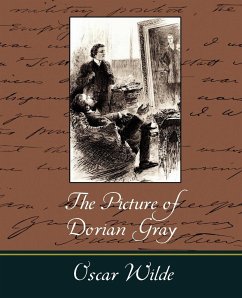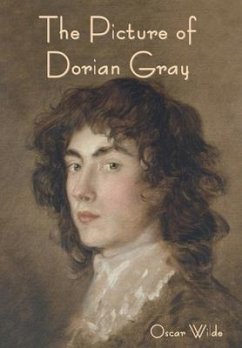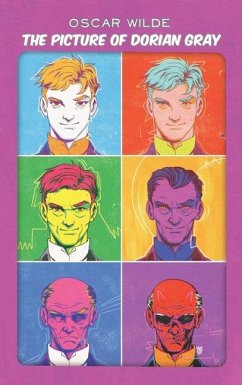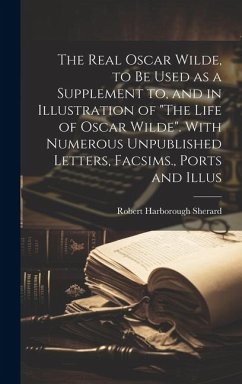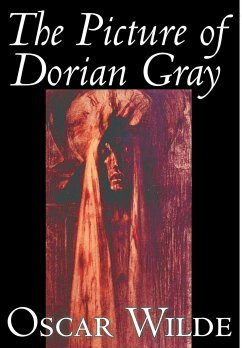
The Picture of Dorian Gray by Oscar Wilde, Fiction, Classics
Versandkostenfrei!
Versandfertig in über 4 Wochen
30,99 €
inkl. MwSt.
Weitere Ausgaben:

PAYBACK Punkte
15 °P sammeln!
Dorian Gray doesn't look a day over twenty-two. Once upon a time, Dorian really was young, handsome, and charming. To preserve Dorian's charm, his friend Basil Hallward the artist painted his portrait. Soon, the picture -- and Dorian's close friendship with Basil -- On the inside, every wicked deed he commits leaves its mark -- or does it? The portrait that Basil painted hangs in a special room in Dorian's house, covered completely. Underneath the cover lies an image that has changed and aged, just as Dorian has not.



